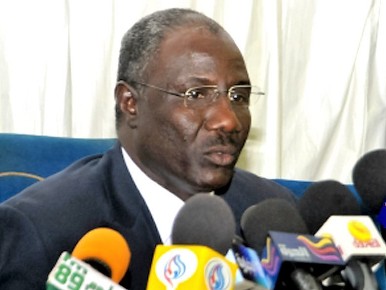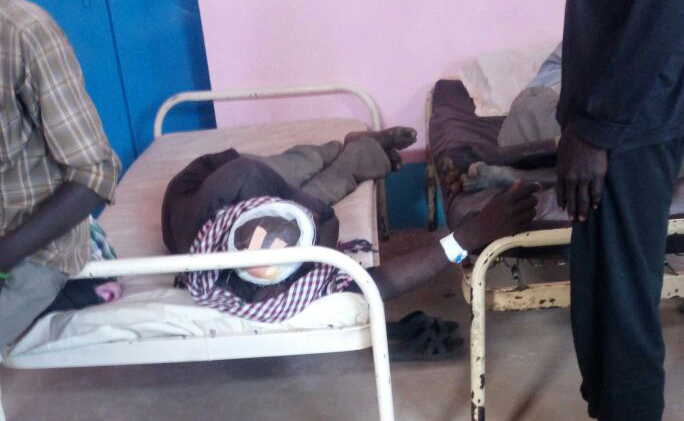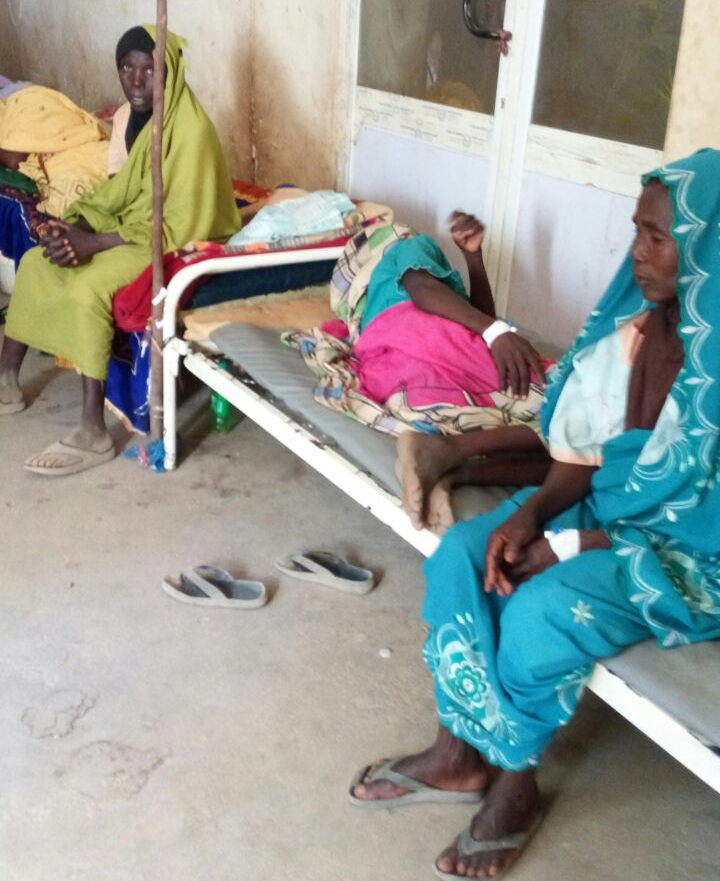Khartoum orders Central Darfur governor to concoct story about Nertiti Massacre; the result is preposterous…but revealing
Eric Reeves | January 3, 2017 | #NertitiMassacre | http://wp.me/p45rOG-20w
Clearly reeling from the fallout of the January 1, 2017 massacre of civilians in Nertiti, Central Darfur (formerly West Darfur), the Khartoum regime ordered Central Darfur governor Jaafar Abdel Hakam to concoct a story about how some 70 civilians were wounded or killed by Khartoum’s military forces (of the eleven dead reported—and named—by Darfur Union in the UK, five were under the age of 17). The result of this order is utterly preposterous, but revealing of just how damaging, finally threatening to the regime this action by the Sudan Armed Forces (SAF) is. The tangled logic, conspicuously made-up facts, and bizarre inferences in this wholly implausible explanation by Governor Hakam are all captured in today’s edition of Sudan Tribune Central Darfur (“Governor blames SLM-AW rebels for Nertiti killing” | http://www.sudantribune.com/spip.php?article61286).
Central Darfur governor Jaafar Abdel Hakam, tasked with peddling the most absurd of explanations for events of January 1, 2017
[See also dispatch by Radio Dabanga, January 3, 2017 | https://www.dabangasudan.org/en/all-news/article/rebels-to-blame-for-nierteti-killing-central-darfur-governor ]
Man wounded during “Nertiti Massacre”
That the Khartoum regime was driven to such an absurd strategy reveals two things: [1] there is simply no remotely plausible explanation for the events of January 1 other than an SAF massacre of unarmed civilians, this in vengeful reprisal for the death of a fellow soldier (for whom an assailant has not been identified); [2] the regime is increasingly worried by civil unrest of any sort, whether in Darfur, Port Sudan, or Khartoum/Omdurman. That worry is well-founded, given the wide support for civil disobedience on December 19 ( #عصينا19ديسمبر | #Dec19Disobedience ).
Woman wounded in “Nertiti Massacre”
The broader reason for the regime’s concern is clear: inflation for essential consumer items (food, especially, bread; clean water and water for agriculture; critical medicines) is soaring and almost certainly exceeds 50 percent (year over year). The figures from the Central Bureau of Statistics are nothing but an extension of regime propaganda by other means. Unemployment and under-employment are extremely high, and roughly half of all Sudanese wish to emigrate—especially those in medical fields. An almost total lack of foreign exchange currency (Forex) has resulted in an inability to import adequate quantities of what the country needs (including medicines, wheat for flour, and cooking fuel). The infrastructure, particularly for water, has decayed badly for lack of investment. More than half of Sudan’s people live below the international poverty line, and national malnutrition rates—especially for children—are among the world’s very worst.
Twenty-seven years of obscene self-enrichment by the regime and its cronies; equally obscenely expensive wars in South Sudan and the peripheral/marginalized regions; and gross economic mismanagement: these have put the Sudanese national economy in a nosedive from which it cannot pull out—even with massive cash infusions from rich Arab neighbors, grateful that Khartoum has abandoned its formerly “eternal strategic ally” Iran.
Omar al-Bashir’s warning in the week before December 19 that he would again issue to “shoot to kill” orders if civil society protests took to the streets was a sign of fear about rapidly opposition growing in Sudan. So, too, the absurdity of Governor Hakam’s explanation of the Nertiti massacre is a sign of fear. It is a sign that this regime knows its days are numbered and that it continues in power only because of a ruthless survivalism, reflected in brutality of the sort we saw in September 2013—and because of preposterous lies and propaganda, the only way the génocidaires in Khartoum know how to explain themselves. This ultimately is the reason newspaper seizures and arrests of political and human rights leaders have increased so dramatically.
Truth is the greatest enemy of this corrupt, brutal, and self-enriching regime.
The threat of “shoot to kill” orders looms ominously over the growing outrage of civil society in Sudan. But sooner or later, anger will overcome fear—and on that day the regime will begin to fall.
[Eric Reeves has written extensively on Sudan for almost two decades; he is a Senior Fellow at Harvard University’s François-Xavier Bagnoud Center for Health and Human Rights]


